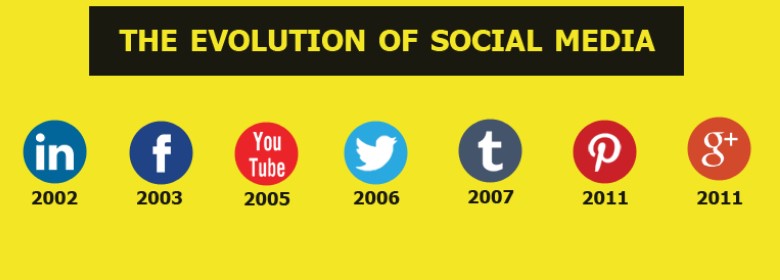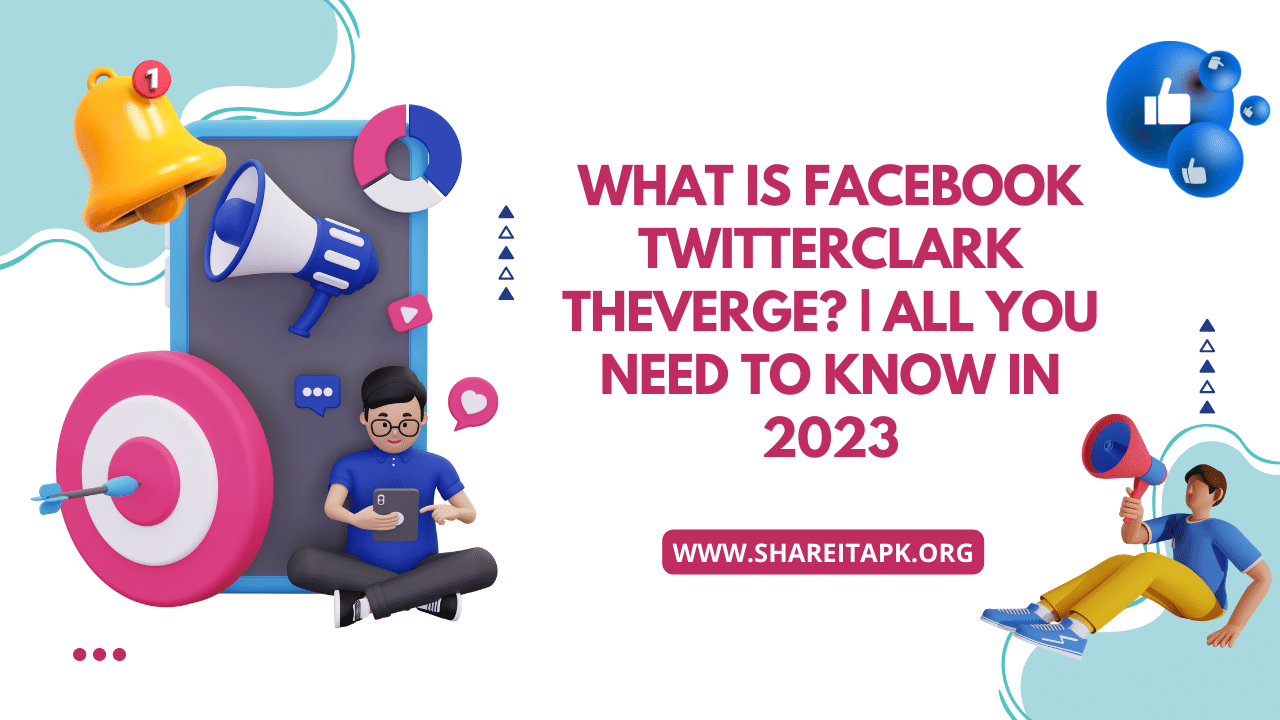Our everyday lives have become more dependent on social media sites like FACEBOOK, TWITTER, Clark, and The Verge because they provide us the chance to communicate with friends and family, share our opinions, and keep up with news and trends. This article by Clark from The Verge will examine privacy, security, and disinformation issues that come with all this development.
The Evolution of Social Media

Over the past ten years, the popularity of FACEBOOK, TWITTER, and Clark & Theverge has increased dramatically. As of 2021, Facebook, for example, has more than 2.8 billion active members, making it one of the most popular platforms worldwide. Despite having a reduced user base, Twitter is still important in this context.
The simplicity of sharing and consuming information on social media is one of the main elements influencing its growth. Users may easily find fresh information from reputable sources and share their ideas with friends and followers with just a few clicks. However, because social media platforms are so accessible to sharing, disinformation and propaganda operations may easily spread there.
Security and Privacy Concerns

The fast growth of social media has been accompanied by rising privacy and security issues. Platforms get a tonne of personal information from its users, including information about their location, browsing history, and political preferences. Although this information may be utilised for targeted advertising, it may also be abused for darker motives like identity theft or online assaults.
Social media networks are extremely vulnerable to hacking and other security flaws, in addition to privacy issues. Several high-profile data breaches, including the 2018 Facebook Cambridge Analytica incident, have cast doubt on their ability to protect users’ personal information.
Manipulation and false information

Misinformation and propaganda are among the biggest issues that social media platforms are now dealing with. Considering how much information is posted online every day, it can be challenging to distinguish reality from fiction. Conspiracy theories, false news reports, and other types of disinformation have arisen as a result of this.
FACEBOOK TWITTERCLARK THEVERGE has implemented algorithms that alert users to potentially false material, as well as partnerships with fact-checking groups, to combat disinformation on its platforms. Regrettably, the effects of these initiatives have been inconsistent, leaving the issue of false information on social media unresolved.
Also Read: OSRS Holy Wrench: A Complete Guide
Conclusion
Facebook and Twitter are only two examples of the social media sites that have had a significant impact on society, but they also pose significant privacy and security issues. FACEBOOK TWITTERCLARK THEVERGE has played a significant role in influencing the debate regarding these issues; his observations and research serve as priceless tools for anybody wishing to better understand the intricate nature of social media. By in-depth covering these subjects, we strive to keep our readers aware so they may choose how to use these services more wisely.

